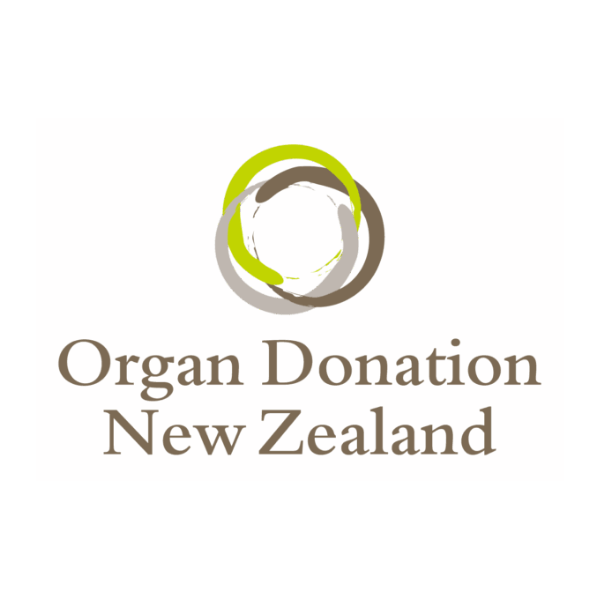Organ Donation in New Zealand
If you would like to donate your organs following your death, you should discuss your wishes with your immediate family so that they are aware of why this is important to you. Generally, the discussions about organ donation following a death are between doctors and the immediate family.
Organs and tissues that can be donated in New Zealand, depending on your age and medical history, are your heart or heart valves, lungs, liver, kidney, pancreas, eyes and skin. In 2022, 63 New Zealanders donated their organs after their death.
Donating your heart valves could save the lives of babies or young children born with serious heart conditions.
How to become an organ donor
There is no official register of organ and tissue donors in New Zealand but if you wish to be a donor this can be recorded on your driver’s licence by ticking ‘Donor’ in question 4C on your application or renewal form. The word ‘Donor’ will then be printed on your licence.
Your will can specify that you wish to be an organ donor, however by the time your will is read, it can often be too late to have these wishes honoured. If you wish to be an organ donor, it is important to record this information elsewhere and also discuss this indepth with your family so they understand your wishes.
For more information about organ and tissue donation you can contact Organ Donation New Zealand or phone 0800 4 DONOR (0800 436 667).
Donating skin tissue for burn dressings

Donating skin
People of all ages can be skin donors and donated skin is the preferred dressing for people with severe burns. Although there are synthetic alternatives to skin available, donor skin is still regarded as the gold standard of dressings. It protects wounds, reduces scarring and allows time for the patient’s own skin to grow back. Being able to cover a large burn with real skin is not a cosmetic exercise, it is a lifesaving one.
Some people might wonder what their family member will look like after a skin donation. During a donation, a paper thin layer of skin is removed from the front and back of the legs only. This means that the area can be covered and the donation does not interfere with the person’s appearance so an open casket is still possible.
Organ Donation NZ works with the NZ Skin Bank (managed by the NZ Blood Service) to facilitate the donation of skin tissue following death (deceased donation). Donor skin can be stored at the NZ Skin Bank in Auckland for up to five years.

Frequently Asked Questions
Many people are unaware that it is possible to donate tissues (eye tissue, heart valves and skin) following death and that unlike organ donation, tissue donation can occur in most circumstances, whether people die at home, on a hospital ward or in a hospice.
If you are having a hip replacement surgery, you can donate your hip (femoral head) bone to be used in treatments to help New Zealanders in need. Your donated hip bone could be helping:
Children with scoliosis having spinal surgery
Children with cancer who have bone fractures that won’t heal
Adults having repeat hip replacement surgery
Adults needing bone grafts for spinal or other orthopaedic surgery.
As a donor, there’s no impact on your surgery because the bone will be removed anyway. But for the recipient, your donation is making a life-changing difference.
Funeral arrangements should not be affected by organ or tissue donation. Organs are removed in a respectful and dignified manner under a normal surgical procedure. It is still possible to take your loved one’s body back home or to your marae and have an open casket following the donation.
People of all ages, including the elderly, can be considered for organ and tissue donation. No matter what your age, doctors will always assess the suitability of your organs for transplant following your death. Below are some of the approximate ages for organ and tissue donation. More info…
People of all ages can be considered for donation. At the time of your death, your age and medical condition will determine the organs and tissues that can be donated. Very few medical conditions will prevent a person from being able to donate any organs or tissues.